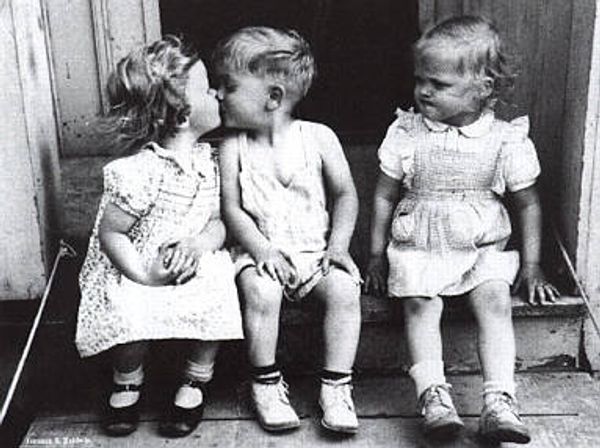Last week the death of Philando Castile and Alton Sterling at the hands of police stirred and reignited tensions about racial disparities in our criminal justice system. Focus has turned to the issue of aggressive police tactics and the disproportionate rate at which it affects black and minority communities. The Department of Justice has launched an investigation into the shooting of Alton Sterling in Baton Rouge, Louisiana, and is monitoring another investigation on the death of Philando Castile in St. Paul, Minnesota.
Friday, July 9, 2016, a shooter gunned down five police officers at a peaceful protest in Dallas that was being held in response to the shootings of Castile and Sterling adding to the string of horrid violence.
President Obama in a statement prior to the Dallas shooting asked the nation to confront the racial inequities of our justice system while keeping in mind officer safety, and later called the Dallas shooting a “vicious, calculated, despicable attack on law enforcement.”
The complexity of these issues calls for a number of solutions to address various facets of the problem. Some of these include having transparent legal investigation of all police shootings, ending criminalization policies that disproportionately devastate black communities, and challenging societal racism that leads to arbitrary stigmas and suspicion of black people—particularly young black men (e.g. Tamir Rice, Eric Garner, LaQuan McDonald, Trayvon Martin). Among the issues that must be addressed is the way in which policing is done and the way police officers are trained. By emphasizing community policing and training officer safety in a way that focuses on verbal de-escalation, we can reduce the amount of deadly police encounters and minimize the use of force.
At this point in time, intentional attacks on law enforcement are at their lowest levels in history, due to steady decline since Reagan’s administration. Despite the dangers of police work, violent attacks on officers have become rare occurrences. Of all 63 million times that police officers interact with civilians every year; only 0.02 percent of the time were officers injured in any way. Officers were killed in approximately 0.00008 percent of the interactions. This data is not meant to dismiss the real risks that officers face in their line of work, but should be kept as perspective when discussing officer safety. Some police departments have reformed their agencies by emphasizing de-escalation as opposed to the assertive policing that has resulted in so many avoidable deaths.
An example is Richmond, California. Chief Chris Magnus reformed the city’s department by implementing programs such as special training courses and extensive reviews of force to reduce the use of lethal force. The department stresses officer accountability. Lt. Louie Tirona commented to the East Bay Times, “We tell our cops from the get-go, ‘Every bullet has your name on it.’”
Moreover, the chief has sent a strong and clear message that instances of lethal force will be scrutinized to make sure that it was a justified and appropriate response. This makes officers more likely to rely on non-lethal means and as a result has reduced the instances law enforcement uses violence without an increase in officer deaths.
In 2011, the Las Vegas police department also implemented changes by using more de-escalation tactics and saw a drop in police shootings by 36 percent. In 2014 officers in Kalamazoo, Michigan relied on tactics and communication to deal with a man carrying a rifle. By avoiding the use of weaponry they ended the standoff peacefully and no one got hurt.
For these types of reforms to happen on a national level we must push our criminal justice system towards a culture of accountability and introspection. Police executives must be willing to participate in meaningful review of their department’s use of force. These reviews can lead to meaningful change that can save lives and establish safer relationships between law enforcement and the communities they are sworn to protect.
The retired Dallas police chief Donald Grady II, who is a black 36-year veteran of the force, invoked this type of message in an interview with Juleyka Lantigua of The Atlantic. He said “We have to get police administrators and police officers to recognize that just because they put on a blue uniform does not mean they’ve divorced themselves from being citizens.”
He also spoke about how policing in minority communities is “overly aggressive,” and about some of his experience as a black man with police enforcement. He said that even as a police chief he had been stopped several times for doing nothing, and that “you get really tired of being put upon.”
This brings us back to the inseparable issue of racism that seems to be at the root of the shootings last week, and is a big part of what is so painful about this tragedy. We must acknowledge this racial disparity in how police treat people, and work to reform policing in ways that respect the humanity of black lives.





















